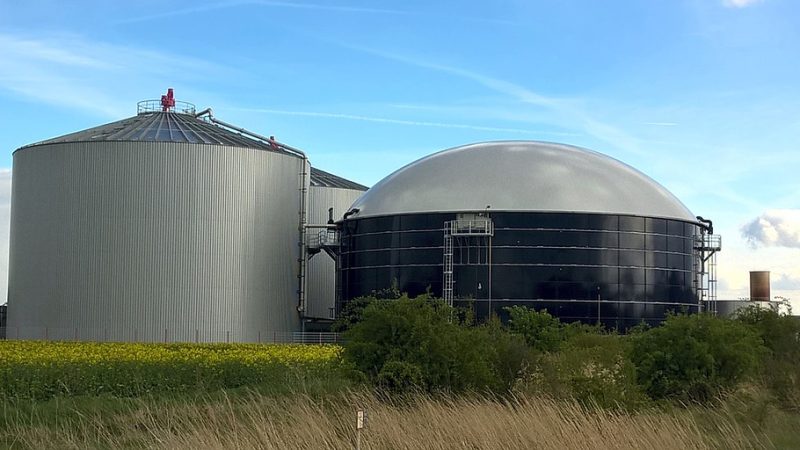Many bio-plastic bags have no place in the garbage. They dissolve too slowly in oxygen-deficient environments like biogas plants and when incinerated they are a burden to the environment. Enzymes offer a solution to this problem, accelerating degradation and avoid emissions. In the long run, the aim is to reduce plastic mountains and replace conventional packaging by bio-based Polymers.
Only very few know it and we all do it – bio-plastic bags have no place in organic waste collection bins. According to DIN standard EN 13432 biodegradability means that, after a fixed period of time, 90 % of a material have degraded to water, CO2 or biomass under defined temperature, oxygen and humidity conditions in the presence of bacteria or fungi. Lately, part of the bio-waste in plastic bags has been introduced into biogas plants where anaerobic conditions (oxygen-deprived environment) generate biogas as a valuable energy source. Under these circumstances bags from certain polymer types can only be degraded very slowly. The bio-waste cannot be set free and the process is disrupted. The question arises, if the decomposition of plastic labelled as bio-degradable could perhaps also work in fermentation plants?
After screening thousands of entries in an enzyme database, the bacterium Clostridium botulinum whose proteins are also present in Botox where found. They meet all requirements and are also present in bio-sludge in small quantities. In order to enable the enzymes of bacteria to degrade plastic under anaerobic conditions in a large area, considerable engineering efforts are necessary. acib produced an optimized enzyme variant, which was introduced into a biogas testing plant. Up to this time there had been no information on how enzymes from this anaerobic microorganism work. So the scientists developed a method to measure the degradation process of polymers.
First experiments proved to be promising: the enzymes optimized in the lab scattered on the polymer layer and stimulated the degradation process. Thus, the plastic bags can completely be degraded and converted to valuable biogas together with the bio-waste. Considering that about 12% of the worldwide plastic waste (about 45 million tons per year) are incinerated, this new process could mean a turning point for the permanent degradation of plastic. In the long run the project results are expected to replace conventional packaging by bio-based polymers (from renewable resources), which degrade within some days. This would mean to close the carbon cycle and to avoid plastic waste.
Perz, V., Baumschlager, A., Bleymaier, K., Zitzenbacher, S., Hromic, A., Steinkellner, G., Pairitsch, A., Łyskowski, A., Gruber, K., Sinkel, C., Küper, U., Ribitsch, D. and Guebitz, G. M. (2016), Hydrolysis of synthetic polyesters by Clostridium botulinum esterases. Biotechnol. Bioeng. , 113: 1024–1034. doi:10.1002/bit.2587
Picture credits: pixabay
